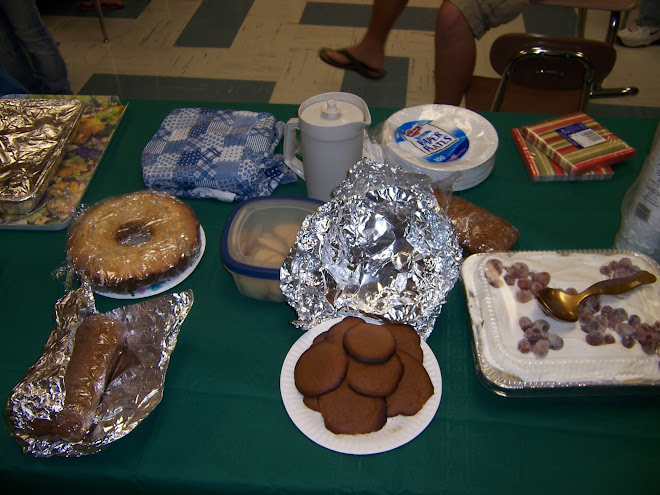Here are your reading questions for pages 64-70...
1. In what ways did the Pilgrims prepare themselves before even arriving in the New World?
2. Why did the Pilgrims want to come to America?
3. What were the two parts to 'covenant theology'?
4. How did that covenant theology affect the development of New England?
5. How were towns organized in Massachusetts Bay?
6. Why would trading with other colonies be an issue within Massachusetts?
7. How did differing views on conversion affect the New England colonies' relationship with each other?
8. How did Roger Williams' Providence colony differ from the other New England colonies?
9. What role did individual towns play in the political structure of the New England colonies?
Subscribe to:
Post Comments (Atom)


1.The pilgrims prepared them selves by traveling all over the world. From England to The Netherlands.
ReplyDelete2.The pilgrims realized that their children were growing up dutch and not English, like they wanted them to.
3.The two parts to Covenant Theology is the Covenant of works and the Covenant of Grace.
4.The Covenant Theology affected New England because it gave the English the thought of a social metaphor. Although, the government didn't want to "assume a godly role".
5.The towns were formed in scattered groups.
6.It would be an issue because they were one of very few colonies who had free labor, so they traded with colonies who had the same way.
7.The differing views on conversion didn't help the relationship because religious beliefs were very important to people. They lived by what their religion told them to live by.
8.Roger was a minister, and a separatist. Most of Massachusetts was non-separatists.
9.New England's Political structure was changing. By the 1640's they had a bicameral legislator. The representatives were voted by the town. They also elected the higher officials. Their legal system also changed by 1641. They called it "Body of Liberties"